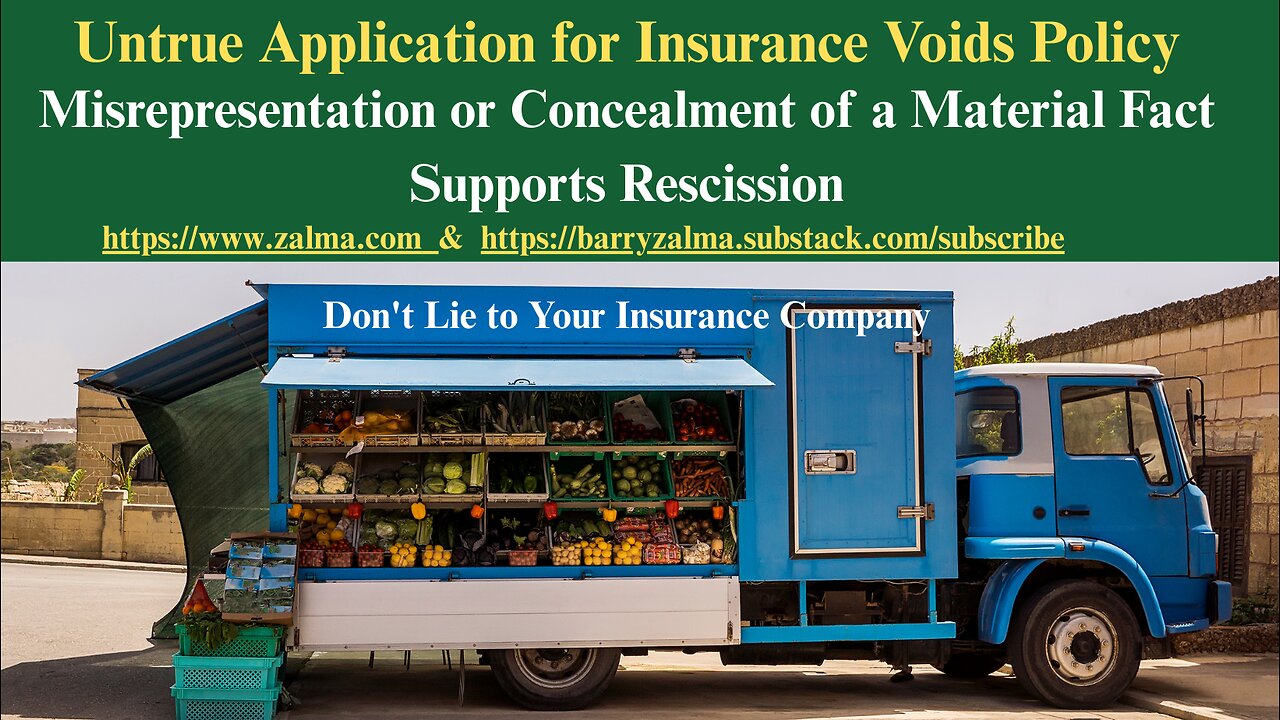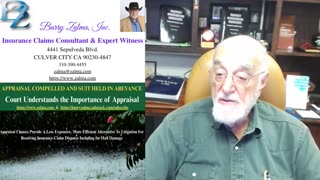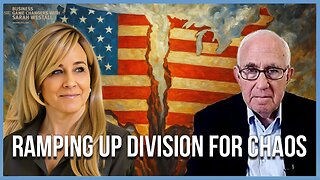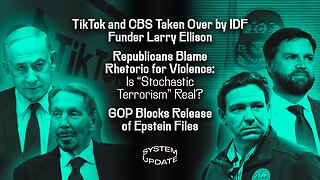Premium Only Content

Untrue Application for Insurance Voids Policy
Misrepresentation or Concealment of a Material Fact Supports Rescission
Post 5195
See the full video at
Don't Lie to Your Insurance Company
In Imani Page v. Progressive Marathon Insurance Company, No. 370765, Court of Appeals of Michigan (September 22, 2025) because defendant successfully established fraud in the procurement, and requested rescission, the Court of Appeals concluded that the Defendant was entitled to rescind the policy and declare it void ab initio.
FACTS
Plaintiff's Application:
Plaintiff applied for an insurance policy with the defendant, indicating that the primary use of her SUV would be for "Pleasure/Personal" purposes.
Misrepresentation:
Plaintiff misrepresented that she would not use the SUV for food delivery, but records show she was compensated for delivering food.
Accident:
Plaintiff's SUV was involved in an accident on August 6, 2021, but she was not performing any task for the delivery service at the time.
Defendant's Action:
Defendant rescinded the policy due to the alleged material misrepresentation of fact.
ANALYSIS
Common-Law Fraud:
The elements of common-law fraud include a false statement, knowing falsity, intentionality, reliance by the defendant, and injury to the defendant.
Material Misrepresentation:
A misrepresentation is material if it substantially increases the chances of loss insured against, leading to a rejection of the risk or an increased premium.
Rescission:
Defendant claimed it was entitled to rescind the policy and declare it void ab initio due to the plaintiff's fraud in the procurement.
Plaintiff argued that she had not made any misrepresentations to defendant because she was not asked about the use of her SUV.
The court of appeals noted that the insurer, to rescind, must prove the first five elements for establishing fraud or fraudulent misrepresentation include that the insurer proved that the insured made false representations, that the insured knew the statement was false and with to intent that it be relied upon by the insurer.
RESCISSION OF THE INSURANCE POLICY
Defendant argued that it was entitled to rescind the policy of insurance because plaintiff's declaration that she would not receive compensation to use the SUV to deliver food was a material misrepresentation upon which defendant relied. Specifically, defendant issued an insurance policy to plaintiff for which it charged 33% less than it would have if plaintiff had not made the false declaration.
The generally accepted test for determining the materiality of a fact or matter as to which a representation is made to the insurer by an applicant for insurance is to be found in the answer to the question whether reasonably careful and intelligent underwriters would have regarded the fact or matter, communicated at the time of effecting the insurance, as substantially increasing the chances of loss insured against so as to bring about a rejection of the risk or the charging of an increased premium.
Because plaintiff was already driving for the food delivery service at the time of her application, her answer to the question about food delivery established the elements of common-law fraud.
Accordingly the Court of Appeals concluded that a reasonably careful and intelligent underwriter would have regarded the anticipated use of the SUV for a paid food delivery service as substantially increasing the chances of loss insured against, so as to bring about the charging of an increased premium.
Summary Disposition:
The Court of Appeals concluded that the trial court erred in denying defendant's motion for summary disposition, as there was no genuine issue of material fact.
Because defendant in the present case has established plaintiff's fraud in the procurement (such that we are not dealing with the claim of an innocent third party), and requested rescission, it was entitled to rescind the policy and declare it void ab initio.
ZALMA OPINION
Rescission is a remedy as ancient as the ecclesiastical courts of ancient England where priests acting as judges were charged with ruling about fairness rather than money judgments. One of those remedies available to the ecclesiastical courts was the remedy of rescission where a contract made by fraud could be placed back in the situation they were in before the contract was made. In modern practice courts act as both law courts and equity courts. So, in all fairness, Ms Page the Court of Appeals acting as an equity court gave her back the premium she paid and the insurer was given back the policy as if it was never issued.
(
c) 2025 Barry Zalma & ClaimSchool, Inc.
Please tell your friends and colleagues about this blog and the videos and let them subscribe to the blog and the videos.
Subscribe to my substack at https://barryzalma.substack.com/subscribe
Go to X @bzalma; Go to Barry Zalma videos at Rumble.com at https://rumble.com/account/content?type=all; Go to Barry Zalma on YouTube- https://www.youtube.com/channel/UCysiZklEtxZsSF9DfC0Expg; Go to the InsuranceClaims Library – https://lnkd.in/gwEYk.
-
 6:47
6:47
Insurance Law
14 days agoAppraisal Compelled and Suit Held in Abeyance
392 -
 1:04:56
1:04:56
Sarah Westall
6 hours agoPolitical Assassinations, Targeted Hit Lists - Manufactured Chaos w/ Harley Schlanger
64.8K12 -
 1:11:31
1:11:31
Flyover Conservatives
12 hours agoThe “J Walker” Secret: One Daily Habit That Shifts an Entire City - Tammy Hotsenpiller | FOC Show
52.2K3 -
 2:12:02
2:12:02
Mally_Mouse
9 hours ago🎮Throwback Thursday! Let's Play: Wii Sports Resort!
45K2 -
 5:43:34
5:43:34
Akademiks
5 hours agoATLANTA IS BACK. Young Thug and YFN best buddies now. ATL backs Thug officially!
55.4K2 -
 5:40:35
5:40:35
Reolock
7 hours agoWoW Classic Hardcore | 3 LEVELS REMAIN
43.1K3 -
 3:00:23
3:00:23
Sgt Wilky Plays
6 hours agoThirst Trap Thursday | Regiment Donor Drive
35.5K -
 4:12:29
4:12:29
Fragniac
7 hours ago🔴 LIVE - FRAGNIAC - THE FINALS - IT'S ABOUT TO BE A MOVIE❗🎬📽 🎞
26.8K2 -
 1:39:44
1:39:44
Glenn Greenwald
8 hours agoJames Comey Indicted; TikTok and CBS Taken Over by IDF Funder Larry Ellison; Republicans Blame Rhetoric for Violence: Is "Stochastic Terrorism" Real? GOP Blocks Release of Epstein Files | SYSTEM UPDATE #521
146K94 -
 DVR
DVR
StevieTLIVE
6 hours agoThursday SOLO Warzone Domination | BDAY at Midnight
12.3K